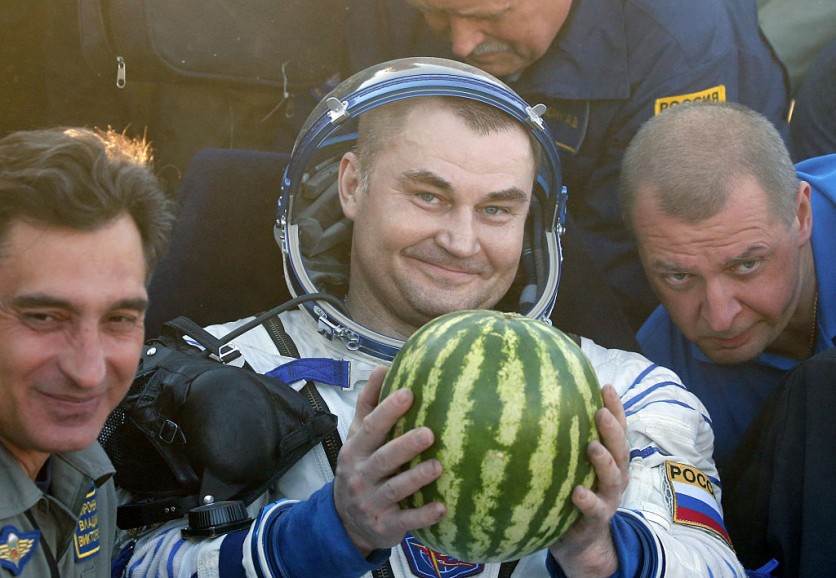NASA has chosen 11 finalists in Phase 2 of its Deep Space Food Challenge, where they search for the best future astronaut food.
The Deep Space Food Challenge, a first-of-its-kind joint venture between NASA and the Canadian Space Agency (CSA), intends to jumpstart future food systems for future space missions.

Multiphase Technology Challenge
As part of the multiphase technology challenge, an innovative approach to maintaining humans in space for weeks, months, or maybe years at a time must be created and tested.
"As we prepare for long-duration human spaceflight, food is essential not only for nutrition, but also familiarity and comfort on long voyages and in isolated environments," Jim Reuter, associate administrator for NASA's Space Technology Mission Directorate, said in a press release statement.
Both new teams and Phase 1 winners are required to construct scaled-down prototypes of their ideas for the second phase of the competition, which began in January 2022.
Various teams created cutting-edge technology to manufacture safe, wholesome, and enticing food for astronauts while using little resources and producing little waste.
List of US Finalists
Each of the following American finalists will get $20,000.
1. Chicago-based InFynity is employing a fungi protein to create nutritious and appetizing foods.
2. Nolux from Riverside, California, is using artificial photosynthesis to produce plant- and fungal-based food.
3. Kernel Deltech USA, based in Cape Canaveral, is creating inactivated fungal biomass with the help of a continuous cultivation method.
4. Far Out Foods from St. Paul, Minnesota, produced an almost closed-loop food production system dubbed the Exo-Garden. It is set to generate various hydroponic veggies and mushrooms.
5. Florida-based Interstellar Lab is creating fresh vegetables, mushrooms, microgreens, and even insects to produce micronutrients ideal for long space missions.
6. Mu Mycology from Oregon utilizes a closed-loop mushroom cultivation system that would spur the growth of several edible mushrooms.
7. SATED, based in Colorado, stands for Safe Appliance, Tidy, Efficient, & Delicious. It cooks different meals using ingredients that have long shelf lives.
8. Brooklyn-based Air Company created a capture system for carbon dioxide exhaled by astronauts. This will then be fused with hydrogen from water electrolysis to generate alcohol. After that, it will be fed to edible yeast to produce fats, carbs, and proteins.
International Finalists
Three finalists outside the US and Canada were also included:
9. Solar Foods from Finland employs gas fermentation to create single-cell proteins.
10. Melbourne-based Enigma of the Cosmos used an adaptive growing platform for a food production system with a 40% increased efficiency.
11. Mycorena from Gothenburg, Sweden, created a circular manufacturing system that combines microalgae and fungi to produce a microprotein with minimal resources and waste.
Next Phase
The judges will then pay a visit to each of the Phase 2 finalists' facilities to assess their technologies and food outputs, as well as take part in a demonstration to assess the feasibility of the food production process.
Up to five of the top American teams will be awarded $150,000 each for winning the Phase 2 challenge after the on-site demos. Meanwhile, NASA will select three winners from the international teams.
The Phase 2 winners are expected to be revealed in April 2023.
Related Article : Space Diet Consisting of Fish, Veggies, Fruits Enhance Astronaut Health - New Study Finds

ⓒ 2026 TECHTIMES.com All rights reserved. Do not reproduce without permission.




